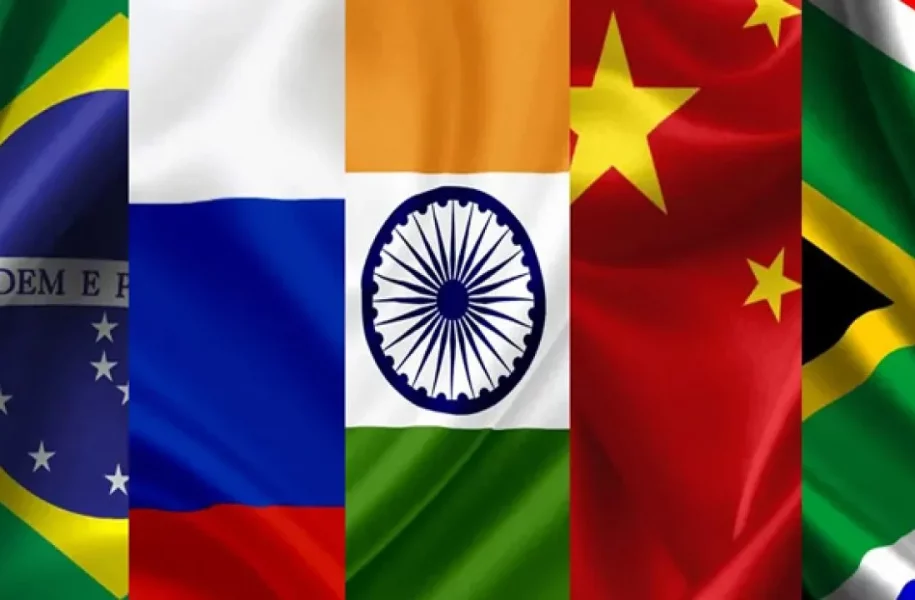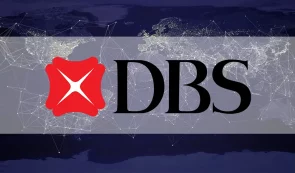BRICS on the Rise: The Alliance and the US Confrontation Narrative

The recent discussion about the expansion of BRICS and its potential anti-US stance was covered in an article by the mainstream US media outlet VOA.
The US seems interested in portraying China-involved international mechanisms and multilateral cooperation organizations as a geopolitical bloc to legitimize its own push for confrontation.
Last week, Wang Yi, director of the Office of the Foreign Affairs Commission of the Communist Party of China Central Committee, and Indian External Affairs Minister Subrahmanyam Jaishankar agreed to initiate the BRICS expansion process in Jakarta. Over 30 countries, including Iran, Cuba, Indonesia, Argentina, and other regional powers, have applied to join the alliance.
The BRICS expansion is a natural outcome as these countries aspire to engage in mutually beneficial cooperation based on sovereign equality. They have chosen not to align with any specific bloc, given the current complex international situation, and instead, focus on strengthening cooperation and cohesion among themselves.
The BRICS platform has proven successful over the years, making it an attractive choice for other countries seeking development and cooperation opportunities.
However, VOA suggests that with its expansion, BRICS will gain more influence as a new geopolitical force, presenting challenges to the US-led international order. This reflects the US’s perspective on bloc confrontation and the growing opposition to US hegemony from various countries.
While there are multiple multilateral organizations worldwide, the US tends to categorize them as either friends or foes, creating a need for countries to join or oppose them accordingly.
READ MORE: Dollar’s Global Reserve Status at Risk Amid Looming Debt Crisis
Nonetheless, the countries interested in joining BRICS are not doing so to confront the US. Their purpose is to pursue sovereign equality and genuine cooperation, not to be anti-American or engage in confrontations with any country. The expansion proposal should not be seen as a means for China to build a home base for its followers; such assumptions underestimate the autonomy and intelligence of BRICS member countries.
The BRICS group operates on the principle of equality, where each sovereign country within the group has an equal say. There is no leader or led, and it is not intended to serve as a tool for any particular nation. This sets it apart from the US-led bloc characterized by confrontation.
The BRICS countries do not view joining the organization as an act of confrontation with the US. The BRICS platform is open and inclusive, and if the US is willing to cooperate, it could be welcomed.
Overall, the expansion and practices of BRICS signify the development of equitable and multilateral international relations, rejecting the existing irrational international order and power structure. While it may take time, this move is a historic step towards the formation of a new international order.














